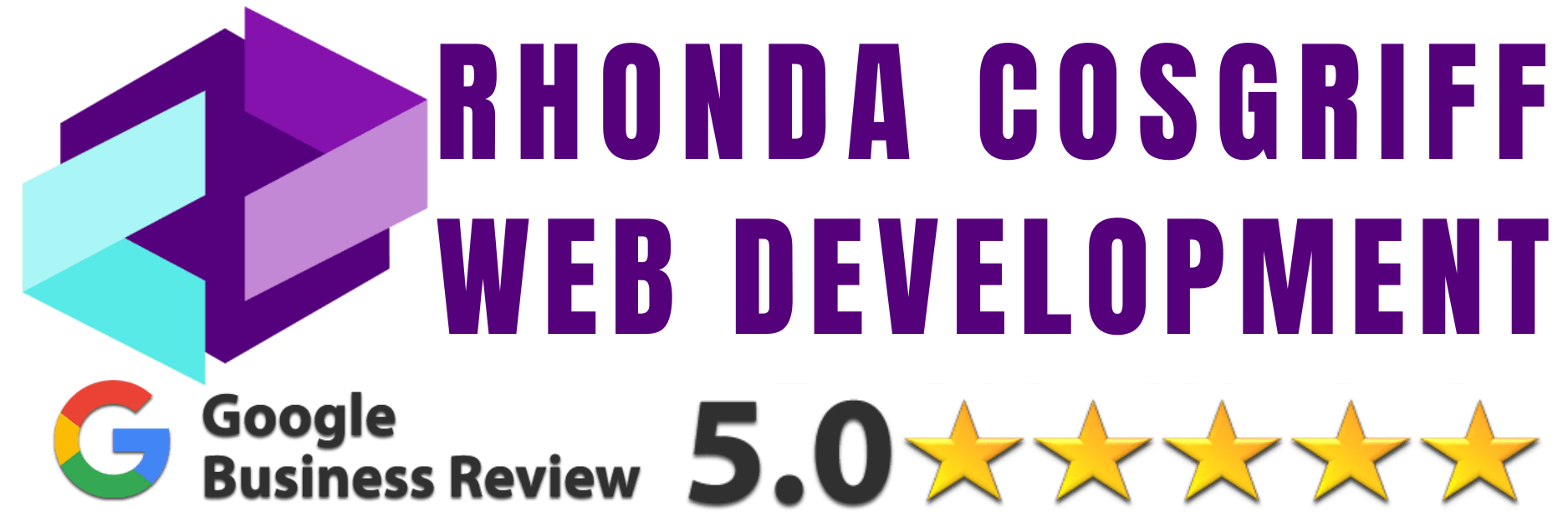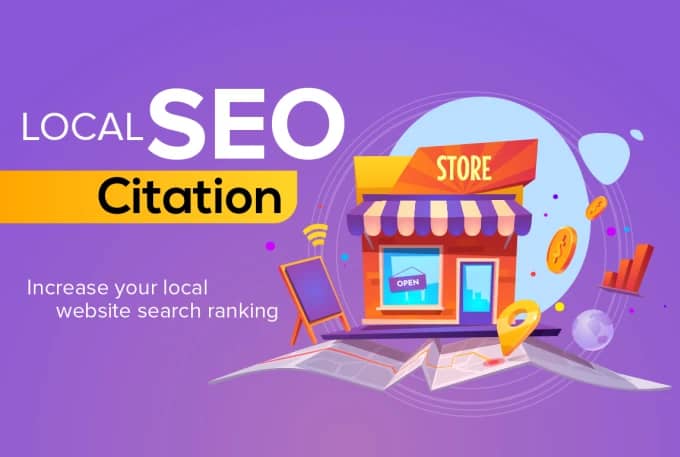Social Media Strategies for B2B Businesses: Building Relationships and Driving Growth
Social media has evolved into a powerful platform for B2B (Business-to-Business) businesses to connect with their target audience, showcase expertise, and drive growth. By adopting effective social media strategies, B2B companies can build meaningful relationships, enhance brand visibility, and generate valuable leads. In this article, we will explore essential social media strategies for B2B businesses.
1. Identify the Right Platforms
Choose social media platforms that align with your B2B business objectives and target audience. LinkedIn is a primary platform for B2B networking and professional content, while Twitter and Facebook can be valuable for sharing updates, industry news, and engaging with prospects. Understand where your audience spends time and focus your efforts on those platforms.
2. Consistent Branding and Messaging
Maintain consistent branding across all social media profiles. Use the same logo, colors, and brand elements to reinforce brand identity. Ensure your messaging aligns with your company’s values, mission, and industry expertise.
3. Educational and Informative Content
Share educational and informative content that provides value to your target audience. Create and curate content that addresses industry challenges, trends, and solutions. Share whitepapers, case studies, blog posts, and webinars that showcase your expertise and establish your B2B business as a thought leader.
4. Engage and Interact
Actively engage with your social media audience. Respond to comments, messages, and mentions promptly. Initiate conversations, ask questions, and encourage discussions to foster meaningful interactions with prospects, clients, and industry peers.
5. Visual Content
Incorporate visual content such as infographics, videos, and images in your social media strategy. Visuals attract attention and help communicate complex information more effectively. Use eye-catching visuals to supplement your content and improve engagement.
6. Influencer Marketing
Collaborate with industry influencers and thought leaders to extend your reach and credibility. Partner with influencers who resonate with your target audience and share a common interest in your niche. Influencers can amplify your brand message and introduce your B2B business to a broader audience.
7. LinkedIn Groups and Communities
Participate in LinkedIn groups and industry communities to connect with like-minded professionals and potential clients. Share valuable insights, participate in discussions, and offer solutions to establish your B2B business as a trusted resource in your field.
8. Employee Advocacy
Encourage your employees to be brand advocates on social media. Empower them to share company updates, relevant content, and industry news on their personal profiles. Employee advocacy can significantly expand your social media reach and humanize your brand.
9. Measure and Analyze
Use social media analytics tools to track the performance of your social media efforts. Measure key metrics such as engagement rate, click-through rate, and lead generation. Analyze the data to identify successful strategies and areas for improvement.
Conclusion
Social media plays a pivotal role in the B2B marketing landscape. By implementing effective social media strategies, B2B businesses can build meaningful relationships, showcase their expertise, and drive growth. Identify the right platforms, maintain consistent branding and messaging, and share educational content to engage your target audience effectively. Actively interact with your audience, use visuals, and leverage influencer marketing to extend your reach and credibility. Participate in LinkedIn groups, encourage employee advocacy, and measure your social media performance to refine your strategies continuously. With a well-crafted social media approach, your B2B business can establish a strong online presence, nurture leads, and position itself as a trusted industry leader.










